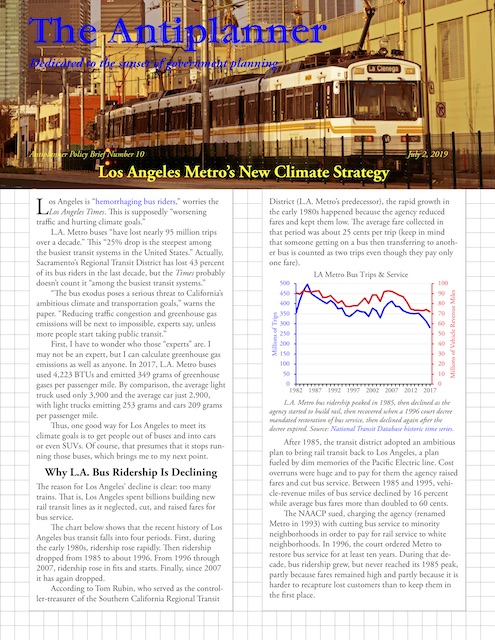By early 1976, I had become engaged in a war on three fronts — the BLM, Forest Service, and Oregon State Board of Forestry — and was losing all three. The problem was that I had only one tool at my disposal, policy analysis, and even if the reports I wrote were right, it wasn’t enough. I needed allies who could bring legal, political, public relations, and other tools to the table.
At a meeting of the Mount Hood Forest Study Group, I met a woman named Gail Kellogg who represented a group called the Oregon Wilderness Coalition. I gave her my card and suggested she call if she needed any forestry expertise.
“Oh, we have lots of experts,” she said dismissively, not even looking at my card or, for that matter, me. I was disappointed enough that this stuck in my memory but otherwise didn’t think much of it at the time as I had plenty of projects to keep me busy, albeit without producing much income. Continue reading








